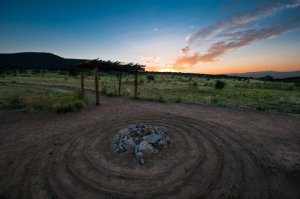“Forgiveness is the fragrance that the violet sheds on the heel that has crushed it.” – Mark Twain
As a follow up to the entry on freedom, I want to talk a little about forgiveness, because I think the two are closely related. Forgiveness is a tricky subject because for many people it’s closely connected to religion. But I think from a spiritual perspective forgiveness is less about religion and more about freedom. It’s less about doing than allowing: forgiveness is letting go.
Forgiveness allows you to free yourself.
When I first heard that I wasn’t sure how it was true. I thought forgiveness was freeing the other person. Letting him/her off the hook, so to speak. I didn’t like the sound of that at all. I thought of blame as a sort of punishment.
While I don’t doubt that we can direct a fair amount of energy (and therefore psychic violence) at others by holding on, I want to focus more here on the cost of such behavior to ourselves.
By pouring mental and emotional energy into our own stories (usually stories in which we are the hero and someone else the villain) we are energetically poisoning ourselves. And often, the target of our energies goes on about his or her life entirely unaware.
It’s easy to hold on to the idea of justice, of punishment and retribution. But here’s the thing about justice: it doesn’t bring back what was lost.
Establishing blame doesn’t facilitate healing or growth. It’s just a trap. Marinating in anger, bitterness, and unhappiness will change you, and not for the better.
Now, I’m not advocating martyrdom. I’m certainly not suggesting that through forgiveness we place ourselves in a position to be harmed repeatedly by the same person. Forgiveness doesn’t include amnesia. It doesn’t mean abandoning healthy boundaries.
But it does mean letting go of stories. Or rewriting them. I think it’s possible to be the hero of your own story without making someone else the villain. But maybe that means we need to re-define heroism.
It’s worth taking a few moments to consider this question: What are the qualities of a true hero? And, to take it one step further, how can you manifest those qualities to become the hero of your own story?


